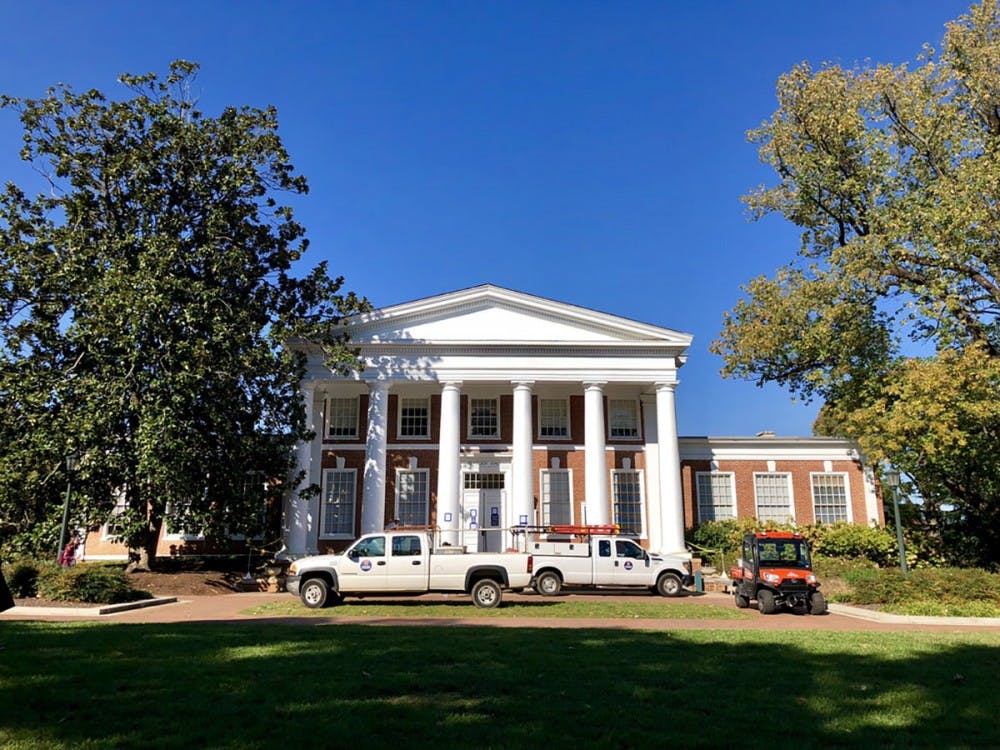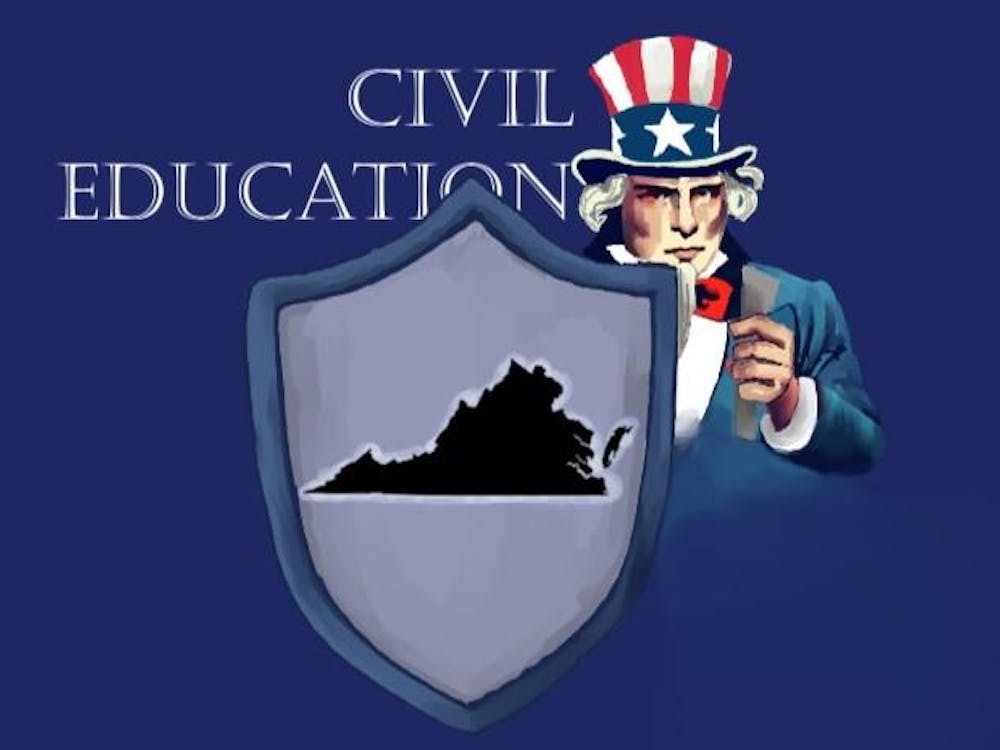President Jim Ryan’s announcement that in-state students from families making less than $80,000 will soon be able to attend the University tuition-free was a watershed moment for education accessibility and affordability. However, while this policy provides a crucial resource for students attending the University, it doesn’t combat other factors that keep middle to lower income students from being admitted, such as the SAT and ACT. Calls for test optionality in a previous editorial for this paper, which addressed how the policy could boost racial and socioeconomic diversity, did not result in any policy changes by the Sullivan administration. With the progressive stances of the new Ryan era, the University should actively consider going test-optional in order to better cater to a variety of students, especially middle- and lower-income students that often are disadvantaged by testing in admissions.
The SAT and ACT, in theory, do have useful benefits. For admissions officers poring over thousands of applications, a standardized test offers a method to judge components — such as GPA and class rank, which are subject to inflation — against an immutable factor. In this respect, the SAT and the ACT were designed to preserve the integrity of the admissions process. However, the intentions of the tests conflict with the reality — both exams hold biases that privilege wealthy students.
The SAT and ACT are developed in such a way where competitive scores are much more likely if an exam taker has comprehensive knowledge of the structure of the exam itself. Because of this, high achieving students from wealthy families get a leg up, in that they can afford to invest in expensive test preparation materials and private tutoring. This advantage is reflected in data that shows high scores on these examinations correlate with income. This is not surprising, considering the average price for tutoring for the SAT is $70 an hour — a staggering investment for most households and an impossibility for families making it paycheck to paycheck.
These economic barriers take a toll on universities’ class compositions. The University of Chicago, one of the most recent hyper-elite American colleges to forego testing in admissions, made the decision in part because the composition of their student body. Out of their entire student population, only 10 percent qualified for federal Pell Grants, signalling to admissions that the proportion of students from lower socio-economic statuses was underrepresented. Dropping testing requirements allows bright students from less privileged backgrounds feel more competitive, as many potential applicants get discouraged by the high percentiles and elect not to apply.
It is important to note that for that schools like UChicago and others have made the SAT and ACT optional rather than irrelevant. For students that find that their skills are well represented by their scores may chose to submit them to those institutions. The game changer stems from the fact that it is now a choice rather than compulsory requirement — for schools that go test-optional, many still find that students still elect to send scores. The freedom still belongs to the applicant.
There is a darker side to these switches to test optionality. Some critics highlight that test optionality usually bolsters already elite institutions rankings — when only high scoring students send scores, institutions’ testing averages soar. Nevertheless, these efforts, even if motivated by other insidious factors, make the admissions cycle more equitable. Students now can submit more creative components as a substitute for tests. UChicago now is offering the opportunity for applicants to send a two-minute video pitch. Sarah Lawrence College, another test-optional school, now offers an optional arts portfolio, a chance for more creatively gifted students to shine in ways that a test can’t represent.
As the University moves into the Ryan era, we’ve already seen steps under his tenure that signal real steps towards diversity and equity in the form of promises for free tuition for middle and lower income families and research into a living wage. These vows represent a real opportunity to transform the University into best institution it can be. By going test-optional, the University can choose to use its momentum to continue in the right direction. The SAT and ACT no longer needs to be an unnecessary barrier to admissions. The University has a chance to be a pioneer and usher in a new chapter by moving towards a more equitable admissions process.
Katherine Smith is a Senior Opinion Columnist for The Cavalier Daily. She can be reached at k.smith@cavalierdaily.com.







